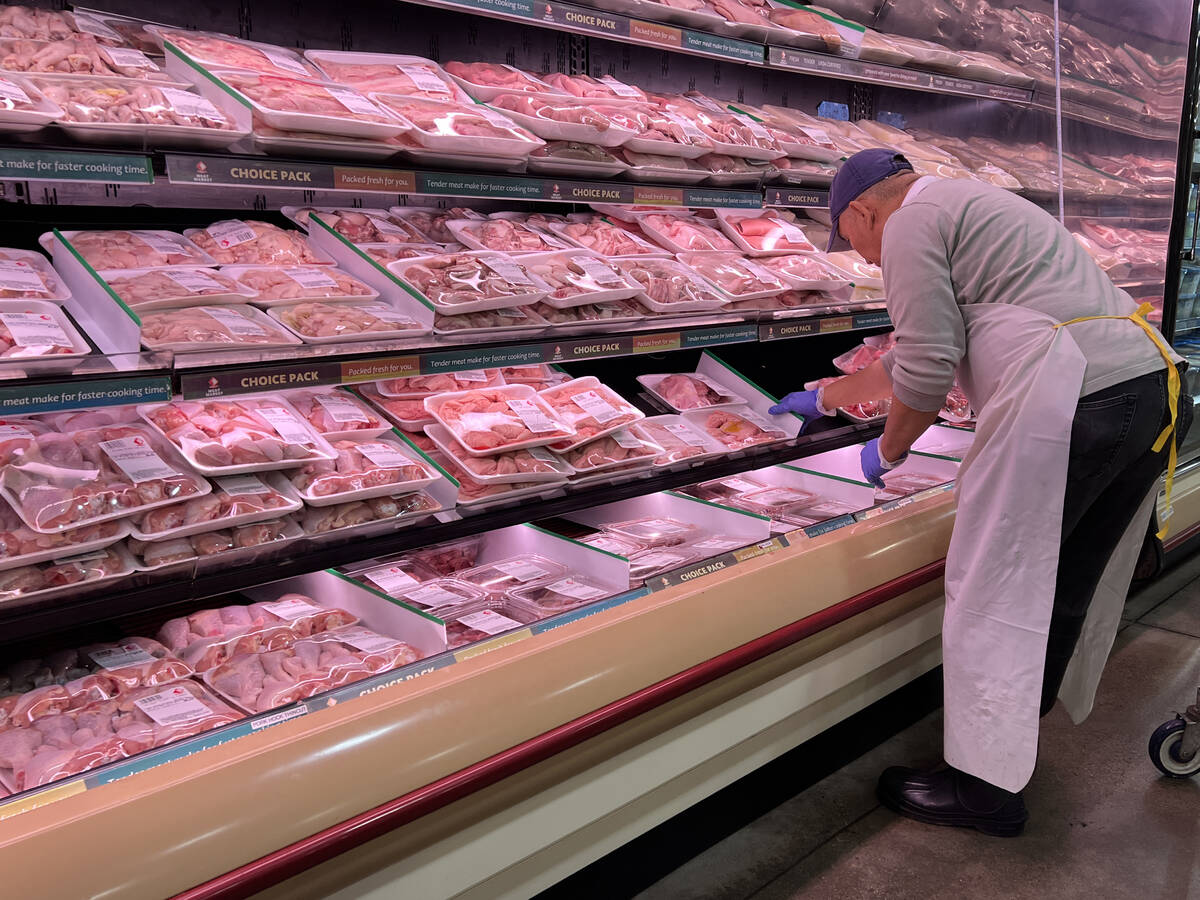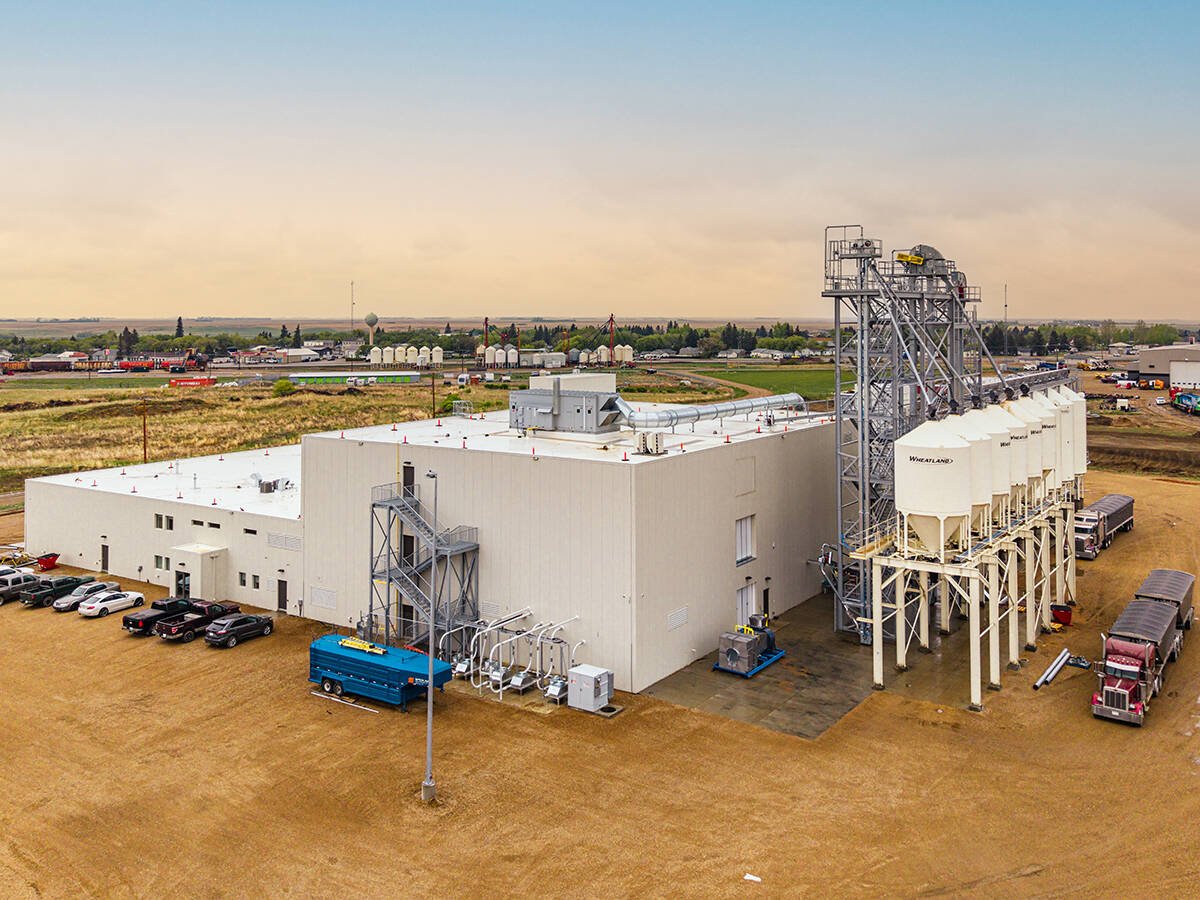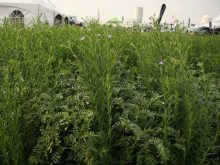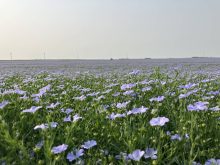WINNIPEG — Grain Millers is best known for oats.
The Minnesota company, which operates a mill in Yorkton, Sask., is a major buyer of conventional and organic oats that are grown on western Canadian farms.
What’s less known about Grain Millers is that the food ingredient firm is also in the flax business. It operates a flax processing plant in Wisconsin and now has a brand new facility near Saskatoon, in Delisle, Sask.
Read Also

Food inflation still a top frustration for most Canadians
The average person is shocked by how much more they are paying for things compared to a few years ago and are not comforted by prices rising at a slower pace than they were in 2022 and 2023.
The company spent “north of $30 million” to build the Delisle flax plant, which is now operational and producing bulk or mini-bulk shipments of flaxseed, said Scott Shiels, grain procurement manager with Grain Millers.
“We are … doing cleaning (of flaxseed) to food spec standards. The phase two (of construction) is going to be a full, stabilized milling process … with potentially going to retail packaging, down the road,” he said from his office in Yorkton.
“(But) currently, it’s just flaxseed.”
Investing more than $30 million in a flax processing plant is a bit surprising, seeing how flaxseed has become a marginal crop on the Prairies.
In its June 27 report on field crop areas, Statistics Canada mentioned eight other crops – but not flax.
“Canadian farmers reported planting more wheat, oats, soybeans, lentils, corn, and dry peas, but fewer acres of canola and barley in 2025,” StatCan said.
In the 2000s, Prairie farmers routinely seeded 1.5 to 1.8 million acres of flax. In the last few years, acres have contracted to 600,000 or less.
Shiels acknowledged that flax has fallen out of favour with growers, but food companies still want flaxseed and flax meal.
“The demand (for) flax hasn’t shrunk. The supply has shrunk.”
Flaxseed is used in the baking industry and some food companies include it in cereal blends.
“The milled product goes into a bunch of different applications,” Shiels said.
“(And) there seems to be demand in the snack food industry for flax products as well.”
The plant in Delisle is new, but Grain Millers is not new to the flax business in Saskatchewan. For about 15 years the company leased a small plant in Saskatoon, where it cleaned and processed flaxseed.
“The reason we got into the flax industry to begin with, is it has a really good fit in the health food industry,” Shiels said.
“As the oat industry was going in that (health food) direction, (our) customers were looking for other products to go in their line … and flax was one of those (products).”
When the lease for the plant in Saskatoon came to an end, Grain Millers chose to build its own facility in Delisle.
While flax has lost acres in many regions of the Prairies, it still has a foothold in the area around Saskatoon.
“Part of our decision … if we build a facility in a big flax-producing region of the province, we want to give producers an opportunity to sell locally,” said Shiels.
Nearly 100 per cent of the flax from the Grain Millers plant in Delisle is sold to customers in Canada and the United States, but that may soon change, Shiels said.
“Very recently, we’ve started to see some demand from offshore, as well as Mexico and Central America.”
















